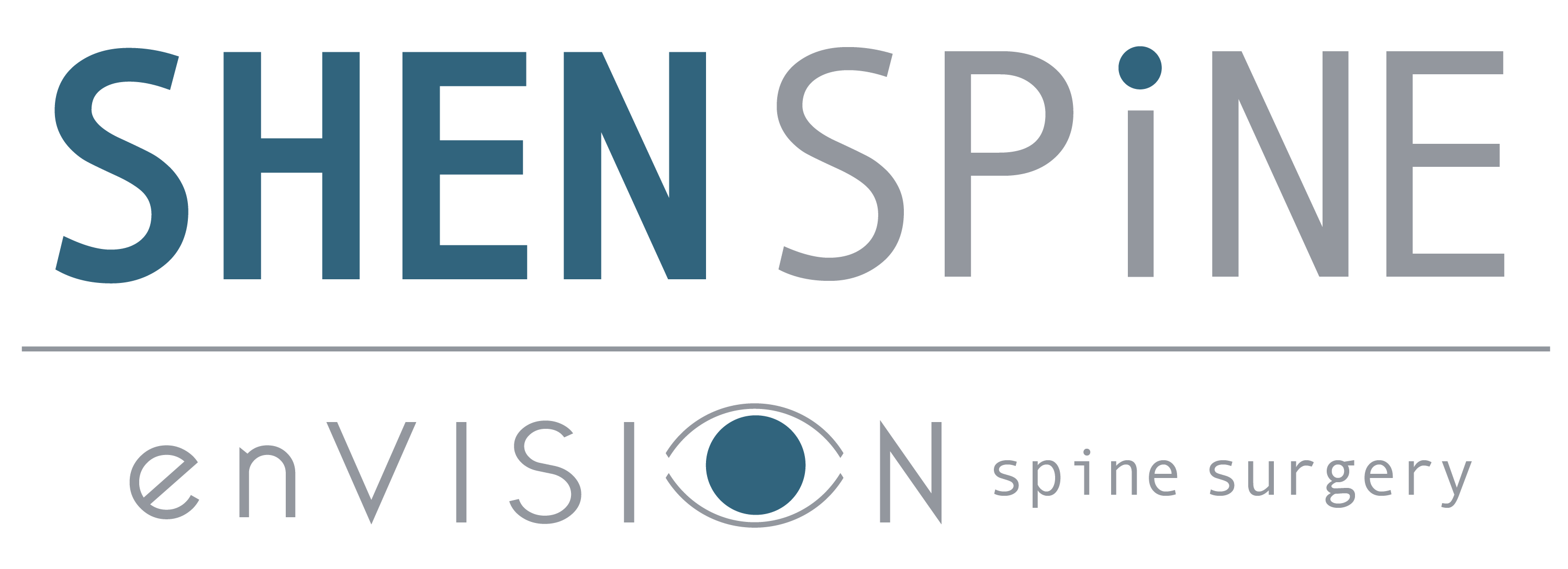
DISC HERNIATIONS
Disc herniation, a slipped or ruptured disc, is when the soft, gel-like material inside a spinal disc bulges or ruptures through a weakened or damaged area in the disc’s outer layer. The spinal discs are the soft, spongy cushions that sit between the vertebrae of the spine, and they help to absorb shock and provide flexibility to the spine.
When a disc herniates, it can pressure the spinal nerves or spinal cord, causing pain, numbness, or weakness in the area of the body that the affected nerve controls. Disc herniations can occur in any part of the spine, but they are most common in the lower back (lumbar spine) and neck (cervical spine).
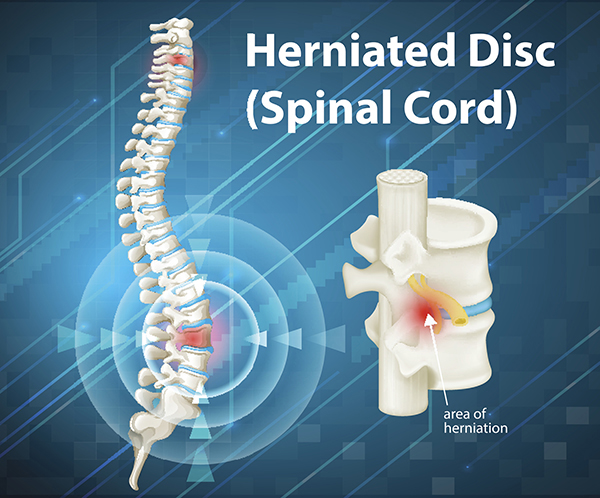
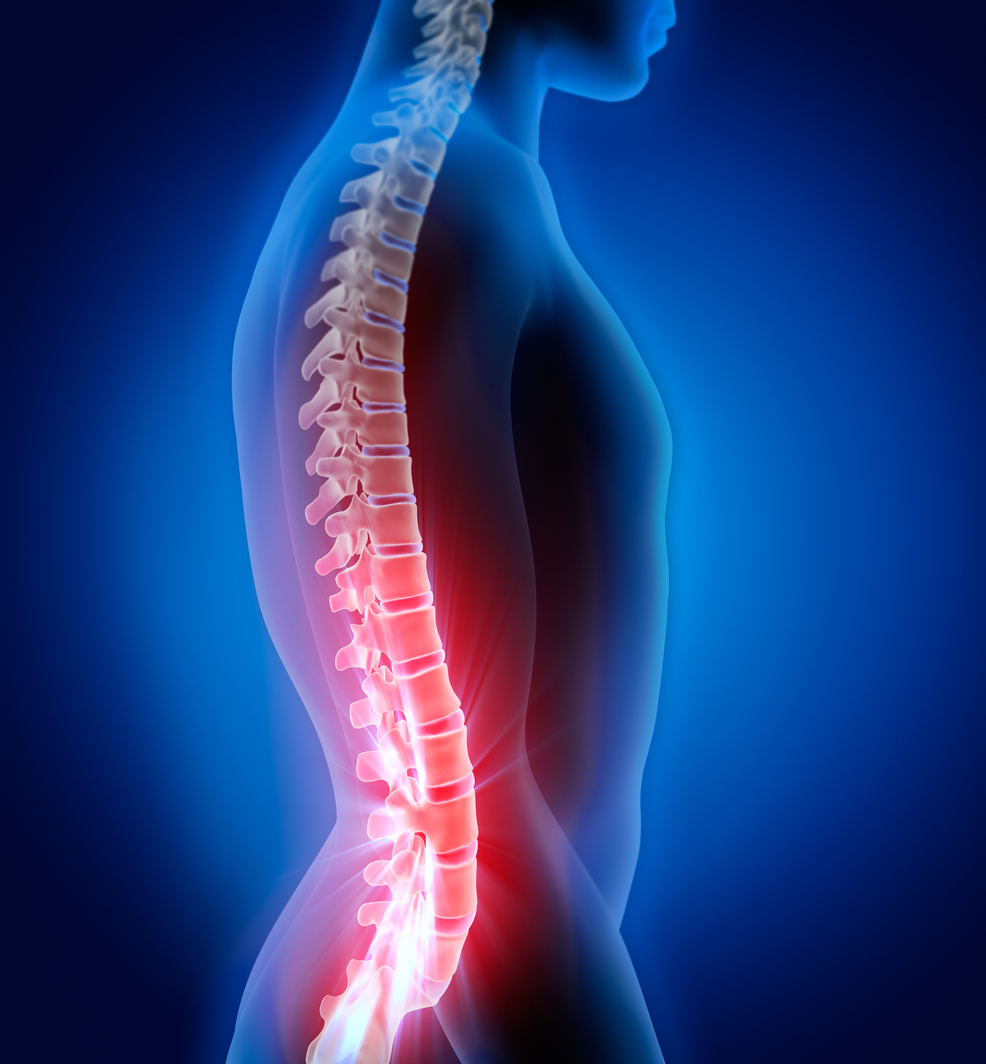
How Do Disc Herniations Form?
Disc herniations form when the soft, gel-like center of the spinal disc bulges or ruptures through a weakened or damaged area in the disc’s outer layer. This can occur due to a variety of factors, including:
- Age-related degeneration: As we age, the spinal discs lose water content, making them less flexible and more prone to tearing or rupturing.
- Repetitive stress: Activities that involve repetitive bending, twisting, or heavy lifting can put stress on the spinal discs, increasing the risk of herniation.
- Poor posture: Slouching or sitting with a rounded back can place additional pressure on the spinal discs, making them more susceptible to herniation.
- Injury: A sudden injury or trauma, such as a fall or car accident, can cause a disc to herniate.
- Genetics: Some people may have a genetic predisposition to developing disc herniations.
In some cases, disc herniation may develop gradually over time due to wear and tear on the spine. In other cases, it may occur suddenly due to a traumatic injury. Regardless of the cause, disc herniations can be painful and may require medical intervention to manage symptoms and prevent long-term complications.
Symptoms Of Disc Herniations
The symptoms of disc herniation can vary depending on the location of the herniation and the degree of pressure it puts on the spinal nerves. Some common symptoms of a disc herniation include:
- Pain: Herniated discs can cause pain in the back, neck, or extremities (such as the arms or legs). The pain may be sharp, shooting, or burning, and it may worsen with movement or certain positions.
- Numbness or tingling: A herniated disc can cause numbness, tingling, or a pins-and-needles sensation in the affected area. This may occur in the back, neck, arms, or legs.
- Weakness: If the herniation is compressing a nerve, it can cause weakness or a loss of muscle control in the affected area. This may make it difficult to perform certain tasks or activities.
- Loss of reflexes: A herniated disc can cause a loss of reflexes in the affected area.
- Bowel or bladder dysfunction: In rare cases, a large herniated disc can compress the nerves that control bladder and bowel function, causing incontinence or other bladder or bowel problems.
It’s important to note that not all herniated discs cause symptoms, and the severity of symptoms can vary widely. If you are experiencing any of these symptoms, it’s important to seek medical attention to determine the cause and develop a treatment plan.
This information is intended for general use and is not meant to replace consultation with a physician. Please, if you are experiencing pain or unusual symptoms, contact your provider. Also, if you are experiencing a medical emergency please call 911.

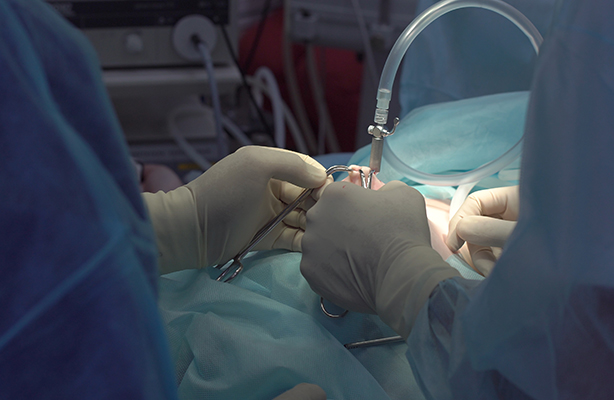
The Shen-Spine Method To Removing Disc Herniations
Dr. Shen has pioneered a surgical technique called Envision Spine Surgery, which utilizes endoscopic spine surgery. In this technique, Dr. Shen creates a small incision in the skin, less than half an inch in size, and inserts an endoscope – a slender tube that is roughly the size of a #2 pencil – through the incision by gently pushing aside the muscles. The tube incorporates a light source, an irrigation channel, a working channel for micro instrumentation, and a high-definition camera. The camera is linked to a monitor that Dr. Shen employs to observe your spine without causing any harm to the muscles or ligaments.
How Long Does It Take To Recover From Disc Herniation With Endoscopic Surgery?
Patients’ recovery times from surgery can vary greatly. Nevertheless, Dr. Shen’s pioneering work in Minimally Invasive Endoscopic Spine Surgery is the least invasive type of spinal surgery available to patients. Consequently, recovery time is frequently faster than with traditional spinal surgery.
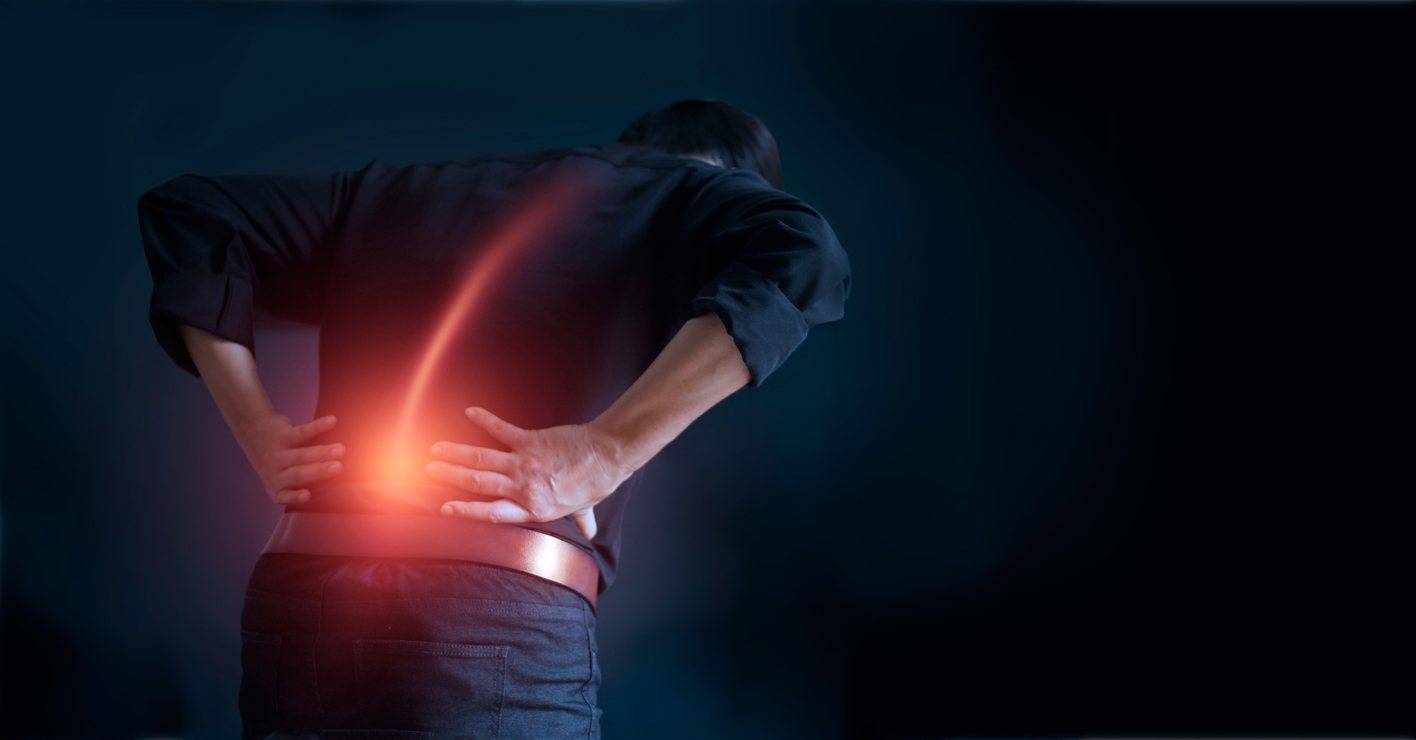
Frequently Asked Questions About Disc Herniations
Can A Disc Herniation Be Prevented?
While it may not be possible to completely prevent disc herniation, there are steps you can take to reduce your risk of developing this condition:
- Maintain good posture: Sit and stand up straight, and avoid slouching or hunching over for long periods of time. When lifting heavy objects, use proper technique and avoid twisting the spine.
- Stay active: Regular exercises, such as walking, swimming, or yoga, can help keep the spine healthy and flexible. It can also help maintain a healthy weight, which can reduce the strain on the spine.
- Take frequent breaks: If you sit or stand for long periods of time, take frequent breaks to stretch and move around.
- Quit smoking: Smoking can impair the flow of oxygen and nutrients to the spine, which can increase the risk of disc degeneration and herniation.
- Practice stress management: Stress can cause muscle tension, which can increase pressure on the spinal discs. Practicing relaxation techniques such as deep breathing, meditation, or yoga can help reduce stress and tension.
- Maintain a healthy diet: Eating a diet rich in nutrients, such as calcium, vitamin D, and magnesium, can help keep the bones and spinal discs strong and healthy.
It’s important to note that some risk factors for disc herniation, such as genetics and aging, cannot be prevented. However, by taking steps to maintain a healthy spine, you can reduce your risk of developing this condition and promote overall spinal health.
Can A Disc Herniation Lead To Long-Term Complications?
If left untreated, disc herniation can lead to long-term complications, including chronic pain and disability. Some of the potential long-term complications of disc herniation include:6
- Nerve damage: If the herniated disc puts pressure on the spinal nerves, it can cause nerve damage that may be permanent.
- Chronic pain: If the herniation is not treated, it can cause ongoing pain and discomfort, which can affect a person’s quality of life and ability to work or perform daily activities.
- Limited mobility: A herniated disc can limit a person’s mobility and range of motion, making it difficult to perform certain tasks or participate in physical activities.
- Weakness or numbness: If the herniated disc compresses a nerve, it can cause weakness or numbness in the affected area, which can affect a person’s ability to move or control their muscles.
- Bladder or bowel dysfunction: In rare cases, a large herniated disc can compress the nerves that control bladder and bowel function, causing incontinence or other bladder or bowel problems.
It’s important to seek medical attention if you experience symptoms of a herniated disc, as early treatment can help prevent long-term complications. With proper diagnosis and treatment, most people can recover from disc herniation and manage their symptoms effectively.
Ready to take the first step towards a pain-free life?
At Shen-Spine Surgery, we understand that dealing with chronic back or neck pain can be frustrating, debilitating, and affect your quality of life. That’s why we are here to help you get back to doing the things you love. Dr. Jian Shen is an experienced spine surgeon and offers a range of cutting-edge treatments and procedures to alleviate pain and improve mobility. Whether you suffer from spinal stenosis, herniated discs, or other spine conditions, Dr. Jian Shen has the expertise to provide you with personalized care and treatment options.
If you’re ready to take the first step towards a pain-free life, we encourage you to contact us today. Our friendly and knowledgeable staff is standing by to answer your questions and schedule a consultation with Dr. Jian Shen. Don’t let back or neck pain control your life any longer – let Shen-Spine Surgery help you get back to doing the things you love.
